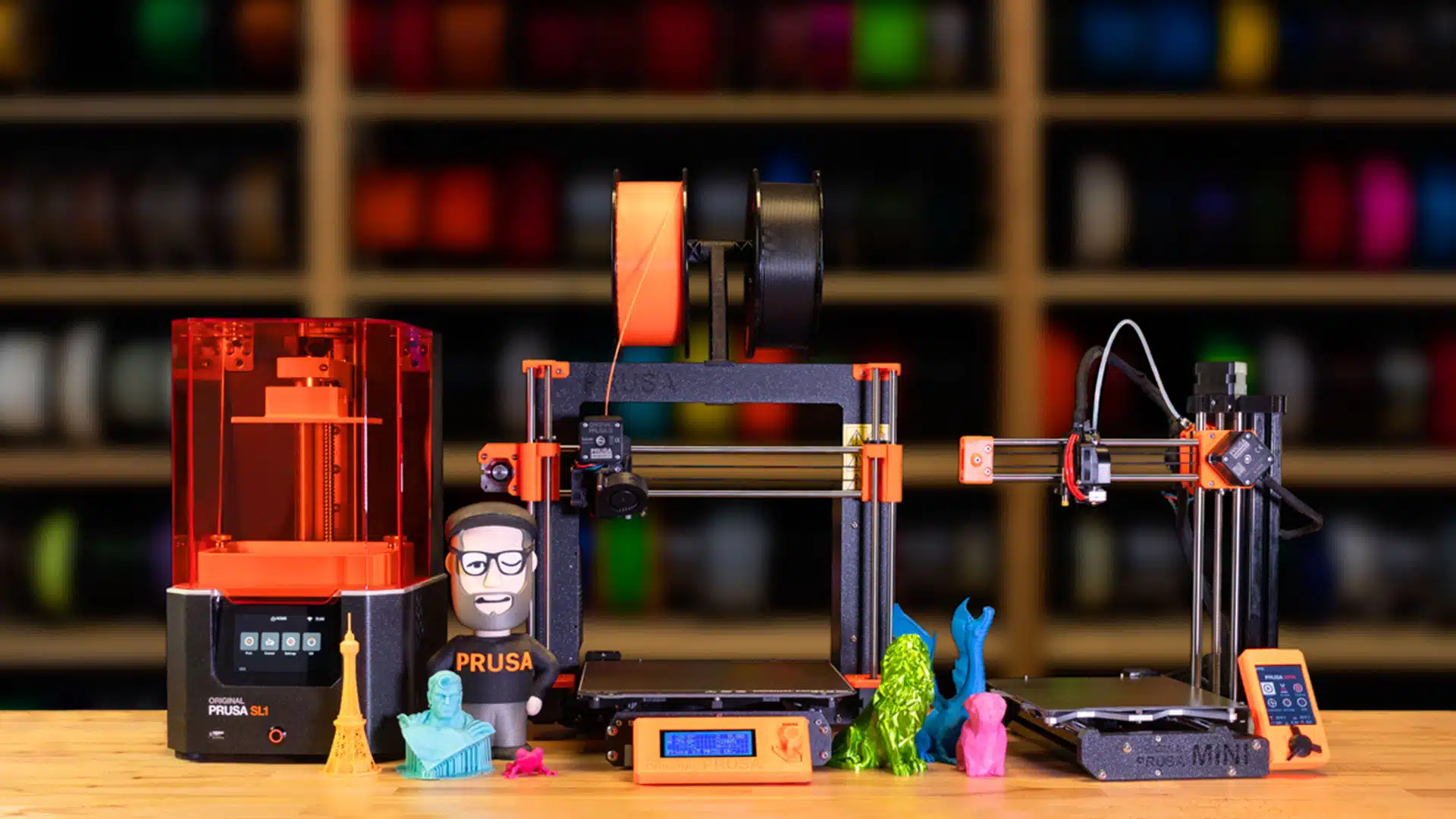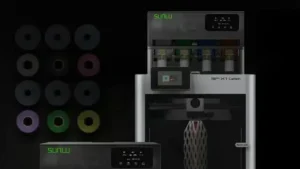A storm is brewing over the open-source foundations of desktop 3D printing. Josef Průša, founder of Prusa Research and one of the most influential voices in the maker community, warns: “Open-source 3D printing hardware is on the brink of extinction, even if we don’t realize it yet.”
What triggered the alarm is a sharp rise in patent filings-especially by major Chinese manufacturers like Creality, Anycubic, and FlashForge covering techniques and designs that were once freely available in community libraries. According to Průša, many of these patents mirror already existing open-source implementations, effectively weaponizing them against the very communities that created them.
Between 2019 and 2022, Chinese 3D printing companies increased their patent filings from a few dozen to over 600. Most exploit a tax incentive known as the “Super Deduction”, which rewards R&D spending based on submitted patent documents-regardless of whether the patent is granted.
The impact is chilling: open-source projects are being locked out of their own innovations. Even small businesses are growing wary of adopting open designs, fearing legal retaliation.
Prusa Research itself has already seen its MMU1 multi-material unit-released open-source in 2016-patented in China, Germany, and the U.S. by third parties. Similar fates have befallen auto-leveling systems and multi-material extruders.
While challenging patents in China may cost only a few hundred dollars, doing so in Europe or the U.S. can climb into tens of thousands. For universities, indie developers, and community-driven projects, such barriers are insurmountable.
To counter this, Prusa Research has launched a patent monitoring team and is working on a new community license inspired by copyleft, including patent retaliation clauses. It’s also considering forming an independent advocacy group, akin to the Open Source Hardware Association, to coordinate collective legal responses.
Another promising strategy is the formation of a defensive “patent pool,” where universities, companies, and maker groups can share their intellectual property to prevent hostile patents from gaining ground-much like the LOT Network does in the software world.
Without urgent, coordinated action, the open innovation ethos that powered 3D printing’s early explosion could vanish, leaving a fragmented and closed-off ecosystem in its wake.




